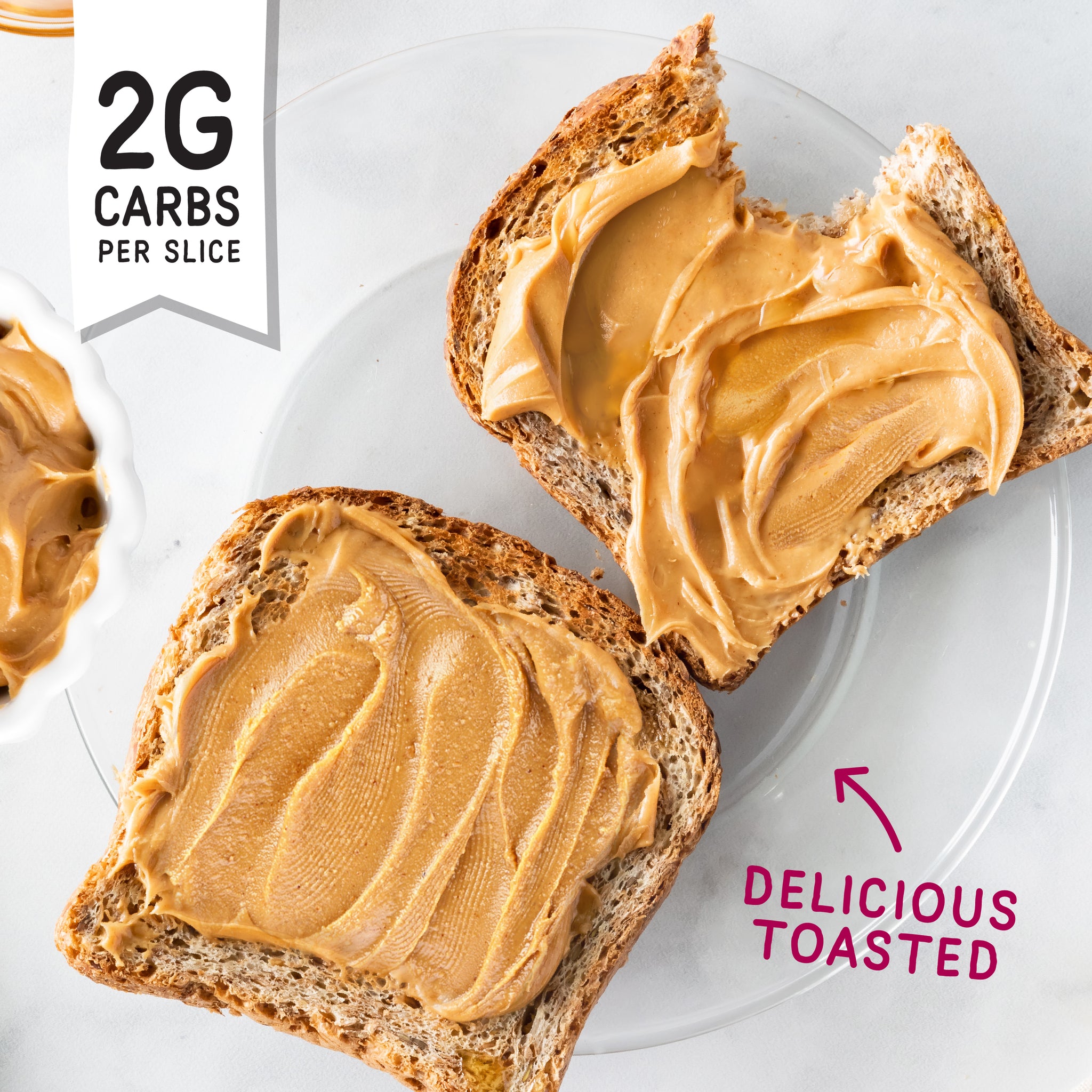Bread is a staple item in many kitchens, but it has been scrutinized for years as the enemy of healthy eating and weight loss. That reputation is beginning to change due to the advent of calorie bread. The bread that is calorie-free has been developed to be lighter than breads that were heavy and dense in the past but without sacrificing quality or texture. Bakers have redefined what bread is made of by using nutrient-rich ingredients like flax seeds as well as high in protein plant sources. Instead of being an indulgence that dieters avoid, calorie bread is becoming a daily essential that allows people to enjoy sandwiches, toast, and wraps without the guilt. This is especially attractive to those trying to reduce their calories and portion sizes while still enjoying the comfort foods.

Image credit: fitbakes.co.uk
No Carb Bread: The Promise
While calorie bread focuses on the reduction of calories it is not designed to minimize carbohydrate intake almost completely. Although carb-free bread is rare, these products come remarkably close by replacing wheat flour traditional with alternatives like coconut flour, almond flour and psyllium husk. It’s a loaf of bread that tastes and behaves just like regular bread. But it doesn’t have the carbs that can be detrimental to ketogenic diets or cause blood sugar to rise in people with diabetes. This bread can be a godsend for people who must give up the breakfast sandwich and toast. This bread allows you to maintain your dietary goals while still enjoying familiar routines. This bread serves more than just a nutrition purpose; it also gives people who thought that bread was going to be off the menu an understanding of what is normal.
Low Carb breads and the nutritional shift
Low-carb breads can be an excellent alternative to the traditional loaf and no carb options. Low carb breads provide a balanced alternative to traditional breads. They don’t completely eradicate carbs, but they do cut down on the amount of them, while increasing the amount of protein and fibre. What distinguishes them is their seed content–often upwards of 17%–which gives texture, healthy fats, and essential nutrients, such as omega-3 acid. This trend towards nutritionally dense bread signifies a significant change in the demands of consumers. The people are no longer content with empty calories. They want food that actually supports their health. Low-carb breads satisfy this demand by providing the ability to control weight, boosts digestive health and maintains energy all day. These breads are perfect for those who are looking to keep a healthy level of carbs and increase their protein intake.
Low Calorie Sandwiches to help Modern Living
In our modern, fast-paced lives, convenience is often the main reason for the food we consume. This is where sandwiches with low calories shine. They are not as heavy as pita breads and tortillas that can be loaded with calories, are lightweight practical, flexible designed for those in motion. They are less than 100 calories per wrap, so they can be filled with nutritious ingredients such as lean meats or fresh veggies. Not only are they low in calories, but they also have a variety of uses. They are suitable for breakfast burritos, lunch wraps or even for creative dinner options such as pizza bases. Low calorie sandwich rolls are a great way for working professionals, families and athletes to stay satiated and nourished without resorting to fast food. They are a symbol of the belief that eating healthy doesn’t have to be complicated or restrictive–it can be delicious, practical, and environmentally sustainable.
Conclusion Bread without Compromise
The bread landscape is evolving. It reflects a wider shift toward healthier and smarter eating habits. The high calorie content of bread can help you lose weight without giving up comfort food. Bread with no carbs is helpful to those on diabetic and ketogenic diets. Low carb breads are the necessary nutrients that fuels active lifestyles. Sandwich wraps with low calories make it easy to eat without sacrificing health. These breakthroughs show that bread does not need to be considered a threat to health. It could actually become a companion. For anyone seeking balance between taste and wellness the new generation of bread delivers the most beneficial of both.
